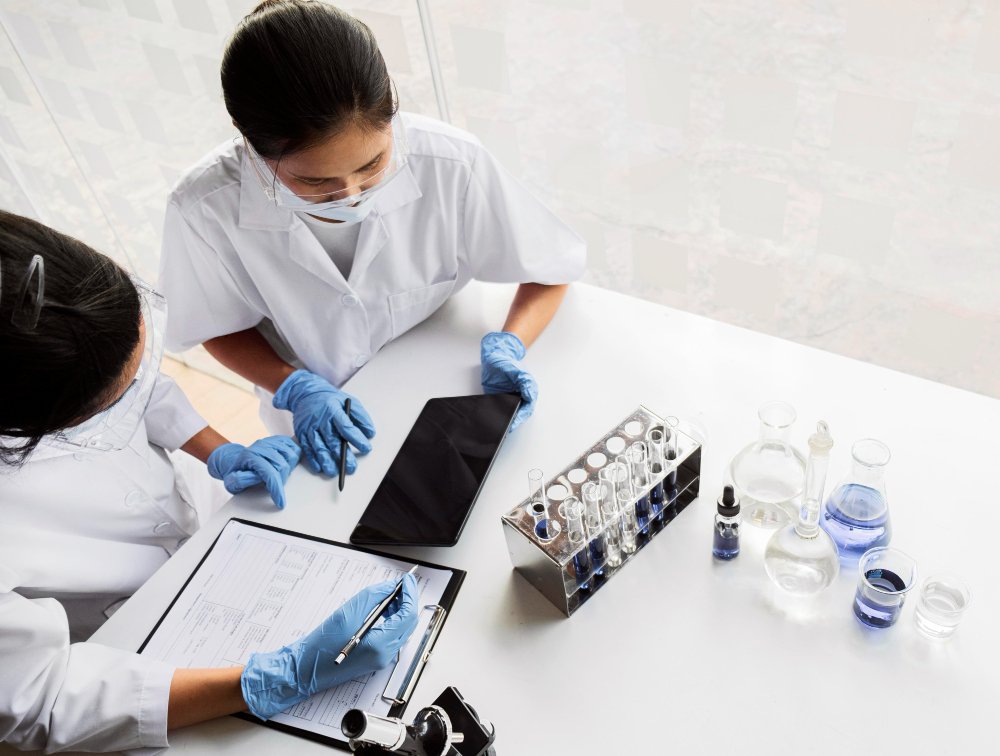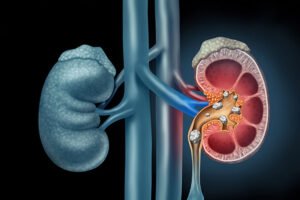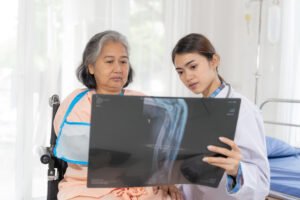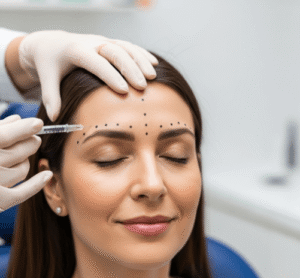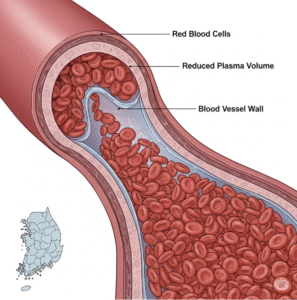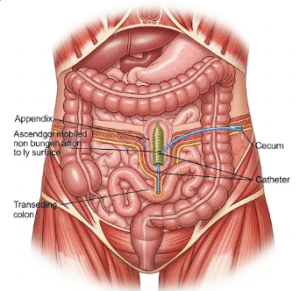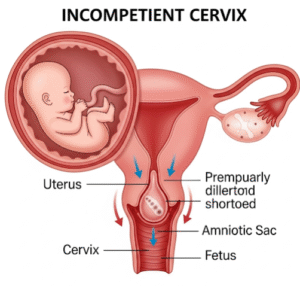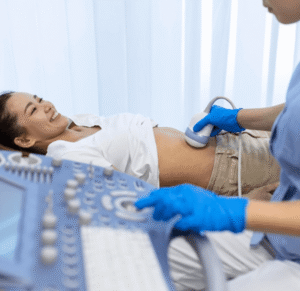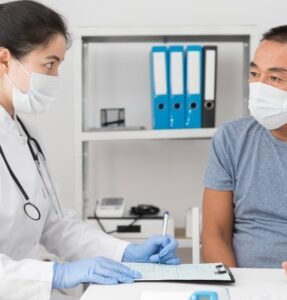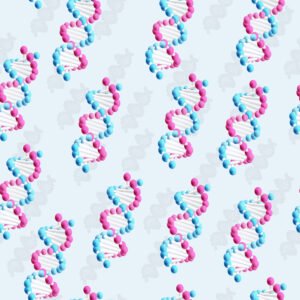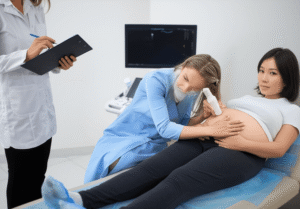Overview
Juvenile Localized Scleroderma (JLS), also known as morphea, is a rare autoimmune skin condition in children characterized by excessive collagen deposition leading to skin thickening and hardening. In South Korea, early diagnosis and management are crucial to prevent skin deformities, joint contractures, and cosmetic complications. Leading pediatric dermatology and rheumatology centers, such as Seoul National University Hospital, Samsung Medical Center, and Asan Medical Center, offer specialized care, including immunosuppressive therapies, phototherapy, and rehabilitation programs.
What is Juvenile Localized Scleroderma?
Juvenile Localized Scleroderma is an autoimmune disorder primarily affecting the skin, subcutaneous tissues, and occasionally underlying muscles or joints. Unlike systemic scleroderma, JLS does not involve internal organs. It commonly appears as linear or patchy skin lesions, often on the limbs, trunk, or face, and can lead to long-term functional or cosmetic issues if untreated.
Symptoms
- Thickened or hardened patches of skin
- Discolored skin lesions, often lighter or darker than surrounding skin
- Linear streaks on limbs or face
- Restricted joint movement if lesions overlie joints
- Muscle atrophy in affected areas
- Cosmetic changes, including facial asymmetry in head or neck involvement
- Occasional mild pain or itching in affected skin
Causes
- Autoimmune dysregulation: The immune system attacks skin and connective tissue
- Genetic predisposition: Certain HLA types may increase susceptibility
- Environmental triggers: Minor trauma, infections, or UV exposure may initiate disease
- Exact cause remains unknown, as JLS is considered idiopathic
Risk Factors
- Age under 18 years, commonly onset between 2–14 years
- Female sex (slightly higher prevalence)
- Family history of autoimmune disorders
- Genetic susceptibility (HLA associations)
Complications
- Joint contractures and reduced mobility if lesions cover joints
- Muscle atrophy and limb asymmetry
- Cosmetic deformities, particularly in facial involvement
- Rarely, systemic involvement in severe or overlapping autoimmune conditions
- Emotional and psychological impact due to visible skin changes
Prevention
- No guaranteed prevention due to autoimmune origin
- Early recognition and treatment to prevent functional and cosmetic complications
- Avoidance of skin trauma and excessive UV exposure
- Regular monitoring for disease progression
- Education for families on symptom recognition and management
Treatment Options in Korea
South Korea provides advanced care for Juvenile Localized Scleroderma through multidisciplinary pediatric dermatology and rheumatology teams:
- Diagnosis:
- Clinical evaluation of skin lesions
- Skin biopsy to confirm diagnosis in unclear cases
- Laboratory tests to rule out systemic involvement
- Imaging (MRI or ultrasound) to assess deep tissue or joint involvement
- Medical Management:
- Topical corticosteroids or calcineurin inhibitors for mild skin lesions
- Systemic immunosuppressants such as methotrexate or corticosteroids for moderate to severe disease
- Phototherapy (PUVA or UVA1) for resistant skin lesions
- Medications are monitored carefully to minimize side effects
- Physical Therapy and Rehabilitation:
- Exercises to maintain joint mobility and prevent contractures
- Occupational therapy for limb or facial involvement
- Rehabilitation programs tailored to pediatric patients
- Specialized Care in Korean Hospitals:
- Seoul National University Hospital: Pediatric dermatology and multidisciplinary management
- Samsung Medical Center: Advanced immunosuppressive therapy and monitoring
- Asan Medical Center: Comprehensive care including phototherapy and rehabilitation
- Follow-Up Care:
- Regular dermatologic and rheumatologic assessments
- Imaging to monitor deep tissue involvement
- Long-term rehabilitation and cosmetic support if needed

